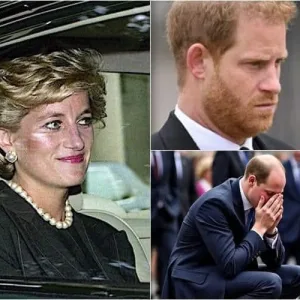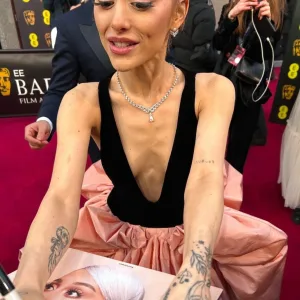Veteran actress Helen Mirren, renowned for her versatile acting skills, has stirred controversy by taking on the role of former Israeli Prime Minister Golda Meir in the upcoming biopic “Golda.” This choice has sparked criticism due to Mirren’s non-Jewish background, prompting her to address the matter in a recent Radio Times interview.
Mirren, aged 78, is no stranger to diverse roles, but she acknowledges that portraying Golda Meir presents a unique challenge compared to her previous portrayals of Jewish characters. She disclosed a candid conversation with the film’s Israeli Jewish director, Guy Nattiv, about her heritage before accepting the role. Despite her readiness to step aside if her casting was problematic, Nattiv affirmed her suitability for the part, emphasizing that it transcended her background.
The controversy has ignited a broader discussion on casting ethics in the film industry. Writer Nicholas Martin stressed the importance of authenticity, asserting that Mirren successfully captured Golda Meir’s essence. However, the debate goes beyond authenticity, touching on potential restrictions imposed on artists based on their backgrounds and the balance between creative freedom and offense.
Mirren’s personal connection to Judaism, her belief in potential Jewish ancestry, and her experiences contribute to this multifaceted conversation about identity, heritage, and evolving understandings. The biopic “Golda” focuses on the pivotal 19 days of the 1973 Yom Kippur War, exploring Meir’s controversial decisions.
In summary, Helen Mirren’s portrayal of Golda Meir has ignited a nuanced discussion on casting, authenticity, heritage, and creative freedom in the film industry, with Mirren’s extensive experience and thoughtful insights adding depth to the conversation.





